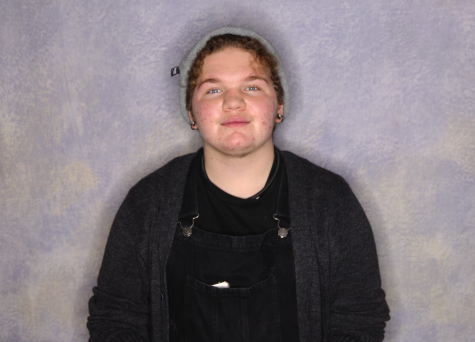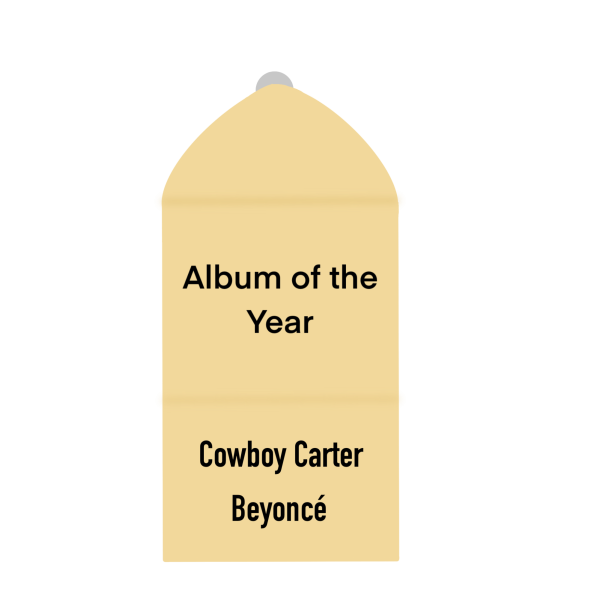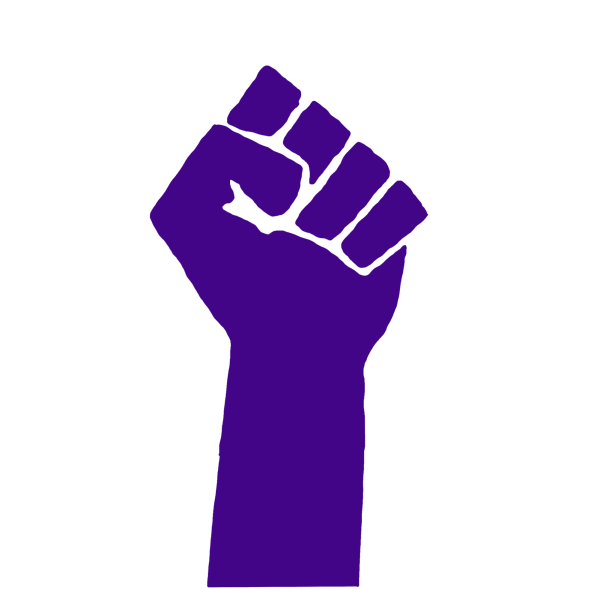How Trisha Paytas’ “Coming Out” video negatively effects the trans community
American Youtuber Trisha Paytas is known for her clickbait and controversial content that range from topics about plastic surgery, race, hoarding, and most recently, gender identity.
After Paytas released her video “I AM TRANSGENDER (FEMALE TO MALE),” on Oct. 7, her viewers felt a multitude of emotions similar to offended or accepting of her coming out video.
In the video, Paytas states, “So do I think I’m transgender? Yes, one thousand percent. Do I identify with my natural-born gender? A thousand percent.”
This statement is rather ironic, seeing that the definition of transgender is denoting or relating to a person whose sense of personal identity and gender does not correspond with their birth sex.
Coming out should not be taken lightly and if someone is labeling themselves incorrectly, it can forever tarnish and diminish the way society perceives the trans community.
As a trans man, I was insulted, overwhelmed and hurt by how Paytas was shedding a false light on what being transgender means and ignoring the battles I face on a daily basis.
Every day people are harassed, assaulted or even killed for identifying as transgender, and with a singular clickbait title, Paytas is able to belittle each of our stories and experiences.
According to the article, “Transgender Day of Remembrance: At least 22 trans people killed in 2019,” there have been roughly 2 dozen deaths within the trans community, a majority of them being women of color.
Being transgender in the U.S. can be a death sentence, but a life one as well taking into consideration how difficult yet fulfilling transitioning can be.
There is no such thing as an easy transition. From social to medical and even surgical, being transgender has many challenges and people like Paytas aren’t making it any easier.
Acknowledging that you are trans or gender-nonconforming doesn’t only come from wanting short hair, to stop wearing makeup, or to dress of the opposite sex. Being trans has more to do with gender and bodily dysphoria, along with how one personally feels on the inside rather than how they address themselves on the outside.
There are multiple umbrella terms for transgender such as non-binary, gender fluid and genderqueer, along with several more.
The reason why I point this out is so that people like Paytas can be more informed and educated on what goes into gender identity and the different identities you can associate yourself with.
However, at the end of the day, there is nothing we can do but educate society and act on love rather than hate. Although I would like to accept Paytas’ “transition,” it simply isn’t easy.
Your donation will support the student journalists of Pittsburg High School - KS. Your contribution will allow us to purchase equipment and cover our annual website hosting costs.

This is senior Lane Rozin Phifer's fourth year of being apart of the Pitt Media staff along with his second year of being Multimedia Editor. Lane is also...




